Your location:Home >Automotive News >
Time:2022-06-07 11:17:28Source:
Mercedes-Benz is recalling 993,407 vehicles globally due to a hidden brake booster problem.
On June 6, according to CCTV Financial Comprehensive Bloomberg and Reuters news, on June 4, local time, Mercedes-Benz Group said that due to possible problems with the brake boosters of some vehicles, the group will be recalled globally. Nearly 1 million cars.
According to a statement released by Mercedes-Benz, the recall affects SUV series ML and GL and R-Class luxury minivans produced between 2004 and 2015.Mercedes-Benz is recalling 993,407 vehicles from around the world, of which about 70,000 are in Germany.
Caijing.com's car query found that since 2022 alone, Mercedes-Benz (China) and Beijing Benz have announced 15 recalls.Among them, 7 times from January to March and 8 times from April to June.
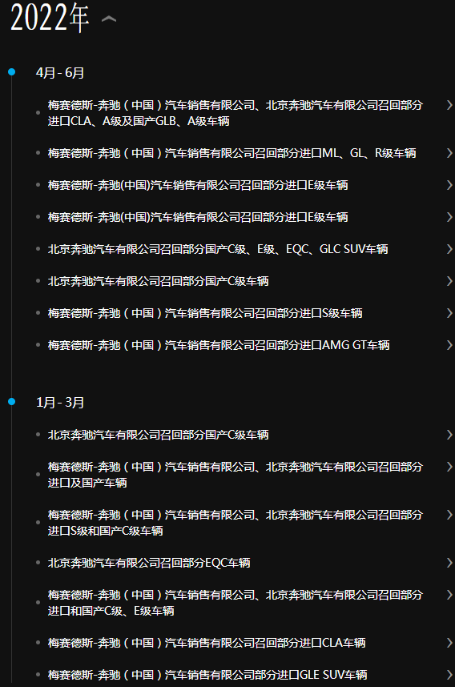
(Source: Mercedes-Benz official website)
In addition, Mercedes-Benz also carried out a wide-ranging recall in the US market last month.
Mercedes-Benz U.S. is recalling more than 290,000 vehicles over a defect that could reduce braking performance or cause them to fail, increasing the risk of a collision, Sina Finance reported on May 13.The affected models are ML-, GL- and R-class models from 2006 to 2012, including some diesel and hybrid models.Mercedes-Benz has issued a suspension of driving notices for the affected vehicles.
Mercedes-Benz's May 11 safety recall report to the U.S. National Highway Traffic Safety Administration (NHTSA) shows that the function of the brake booster may be affected due to the accumulation of moisture in the housing area of the brake booster."This corrosion can lead to brake booster leaks after prolonged outdoor exposure and exposure to large amounts of moisture," the report said. "In this case, brake assist may be reduced, resulting in increased brake pedal effort required to decelerate the vehicle. ." In rare cases where corrosion is more severe, the vehicle may experience brake failure.The report also indicated that the brake booster was made by Continental Tire Americas in Fort Mill, South Carolina.
Mercedes-Benz told NHTSA it has not received any reports of crashes or injuries related to the defect.Dealers inspect the brake booster housing for corrosion and may replace those parts if necessary to fix the problem, the company said.Dealers have been notified on May 12, and owners will be notified by May 27.
(Source: Mercedes-Benz official website)
On April 27, Mercedes-Benz Group announced its financial results for the first quarter of 2022.Mercedes-Benz Group's first-quarter revenue was 34.86 billion euros, an increase of 6% year-on-year; EBIT was 5.23 billion euros, an increase of 11% year-on-year; adjusted EBIT was 5.3 billion euros, a year-on-year increase 19%; net profit was 3.59 billion euros, a year-on-year increase of 3%; free cash flow was 1.22 billion euros.
Although the Mercedes-Benz Group spent 709 million euros in adjusting its Russian operations, and also spent 281 million euros in diesel-related costs, the group's gains of 918 million euros from the sale of some businesses almost offset these costs. .
The Mercedes-Benz Automotive Division's revenue in the first quarter was 25.836 billion euros, an increase of 8% year-on-year; EBIT was 4.271 billion euros, an increase of 13% year-on-year; adjusted EBIT was 4.243 billion euros, a year-on-year increase Growth of 21%; Adjusted return on sales was 16.4%, compared to 14.7% in the same period last year; Cash flow before interest and taxes (CFBIT) was 1.847 billion euros, compared to 2.268 billion euros in the same period last year; Adjusted CFBIT was 1.68 billion euros, compared to last year EUR 2,947 million in the same period; the adjusted cash conversion ratio (CCR) was 0.4 compared to 0.8 in the same period last year.
Data show that in the first quarter of this year, the Mercedes-Benz brand sold 501,600 units, a year-on-year decrease of 15%.Among them, 192,700 units were delivered in the Chinese market, a year-on-year decrease of 14%.In 2021, Mercedes-Benz will deliver more than 2.4 million new vehicles globally, of which 758,863 will be delivered in the Chinese market.
(Source: Official)
Despite strong demand, sales at the Mercedes-Benz Automotive division fell 10% year-on-year to 487,008 units in the first quarter due to semiconductor supply bottlenecks, the spread of the coronavirus and the escalating situation in Russia and Ukraine.Among them, the sales ofluxury vehiclesin this segment were 78,000 units, a year-on-year increase of 5%, accounting for 16% of the total sales; the sales of hybrid and electric models reached 74,000 units, a year-on-year increase of 19%.
First-quarter sales at Mercedes-Benz's van division were almost flat from last year, but its North American sales hit a record high.In the first quarter, the segment's revenue was 3.687 billion euros, an increase of 9% year-on-year; adjusted EBIT was 466 million euros, an increase of 42% year-on-year; adjusted return on sales increased from 9.7% in the same period last year to 12.6% .
The Mercedes-Benz Mobility segment reported first-quarter revenue of 6.782 billion euros, down 3 percent year-on-year; adjusted EBIT was 733 million euros, up 6 percent year-on-year.
Harald Wilhelm, Chief Financial Officer of Mercedes-Benz Group, said, “In this challenging environment, maintaining business resilience and pricing power is critical. Through our focus on luxury andelectric vehiclesand ongoing cost control, we are Building on strong earnings despite a number of headwinds, we will continue to transform our business by expanding our luxury vehicle business, expanding EV production and accelerating software development."
In 2022, Mercedes-Benz Group revenue is expected to be slightly higher than in 2021, EBIT is expected to be in line with 2021, and free cash flow is expected to be slightly lower than the 2021 benchmark.Mercedes-Benz Cars segment sales are expected to grow slightly, with luxuryvehicle salesexpected to increase by more than 10% year-on-year; adjusted return on sales is expected to be between 11.5% and 13%.
In addition, on May 18, according to the Financial Associated Press, there is news in the industry that Mercedes-Benz will use a new high-energy-density battery in its G-Class launched in 2025, which uses a silicon-based anode, energy Density is 20-40% higher than comparable batteries currently available.People familiar with the matter said that the battery was provided by CATL, and the anode material came from Sila Nanotechnologies, a California-based startup.
On May 19, Mercedes-Benz stated that the company plans to speed up the electrification process and fully release the EVA2 platform for medium and large pure electric vehicles (models include the new EQE, the new EQE pure electric SUV) and the subsequent MB.EA models. The potential of the architectural platform.A new model based on EVA2, a medium-to-large pure electric vehicle architecture platform, has been added and is specially designed for the Chinese market.
Statement: the article only represents the views of the original author and does not represent the position of this website; If there is infringement or violation, you can directly feed back to this website, and we will modify or delete it.
Preferredproduct
Picture and textrecommendation

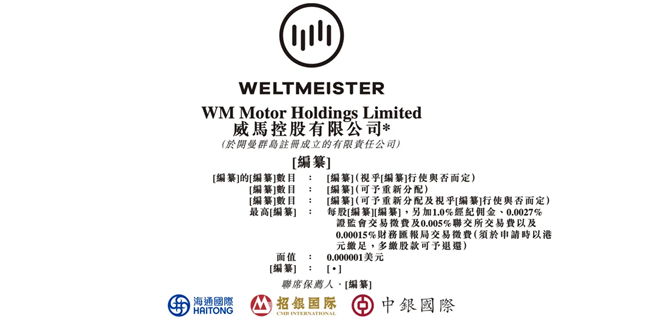
2022-06-07 11:16:44
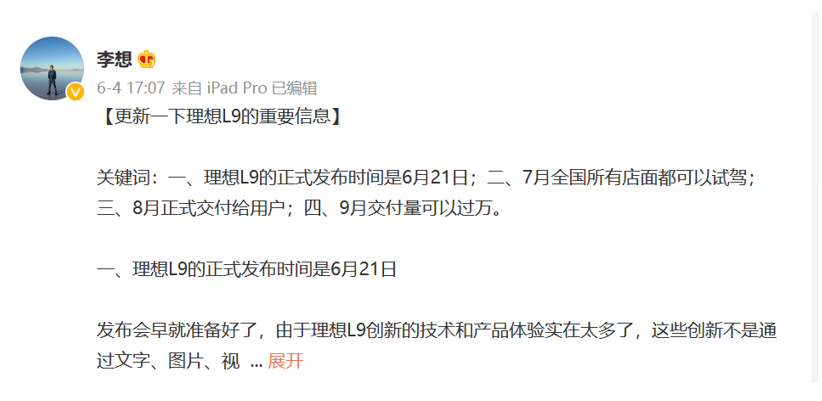
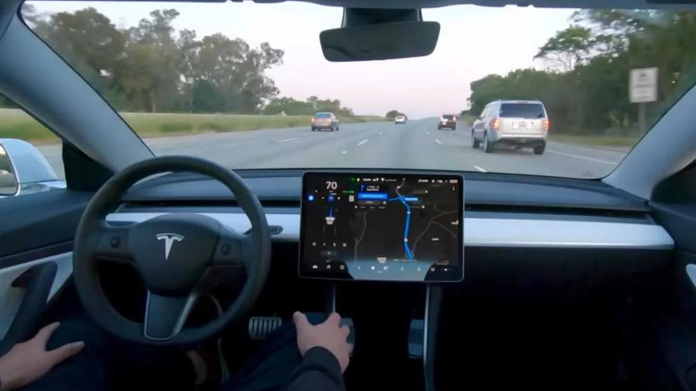
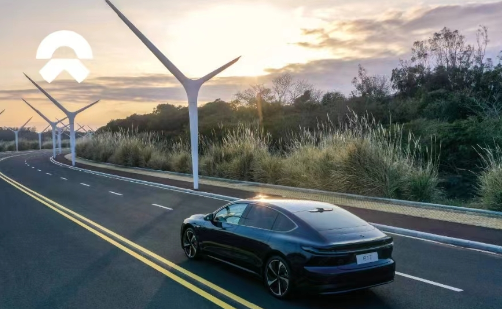
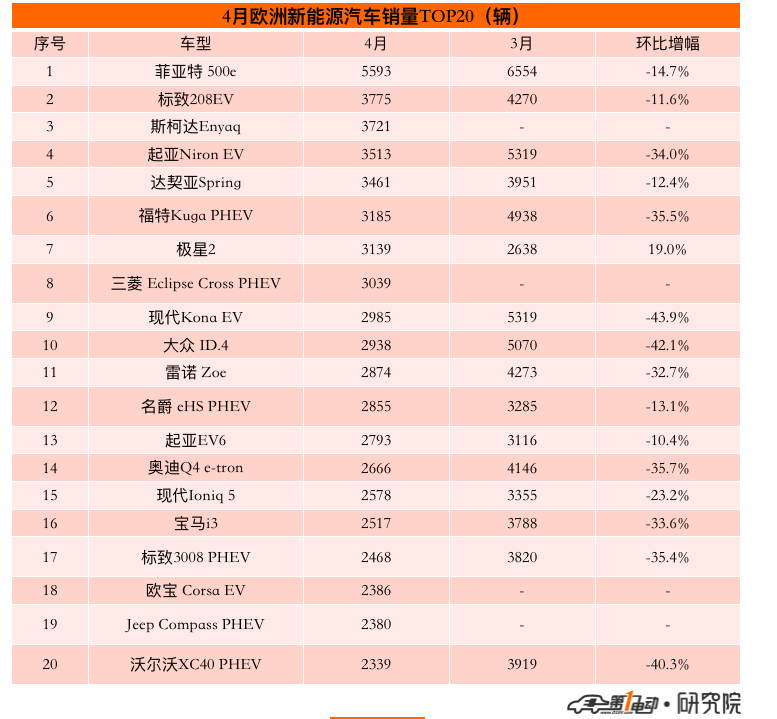
Hot spotsranking
Wonderfularticles
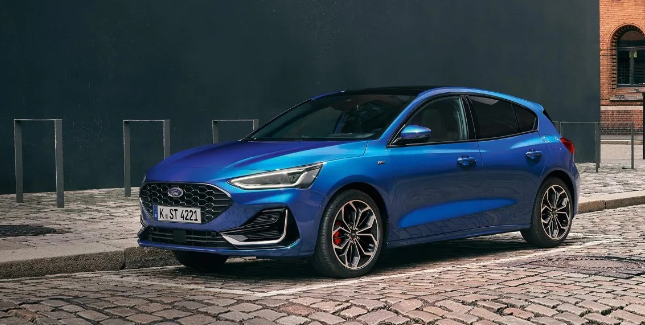
2022-06-07 11:13:24
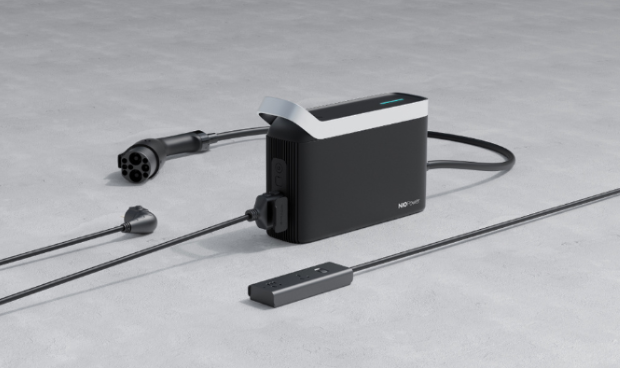
2022-06-07 11:10:46
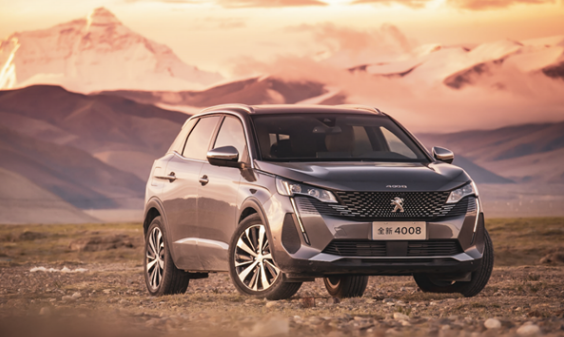
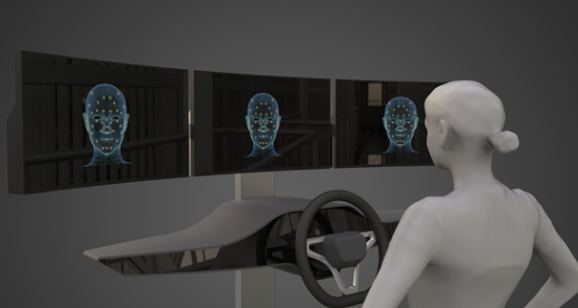
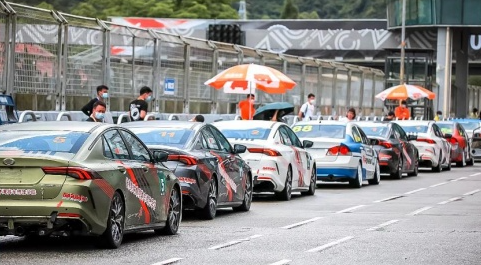
2022-06-06 14:33:22
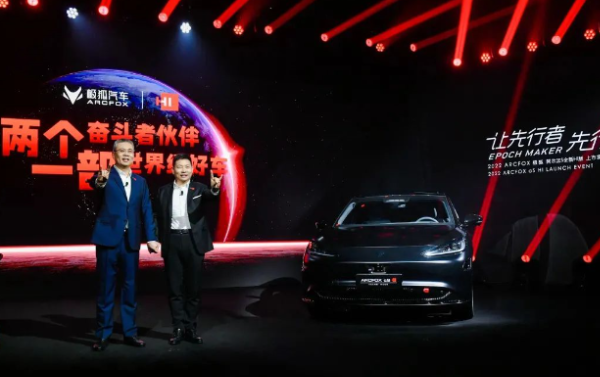
Popularrecommendations
